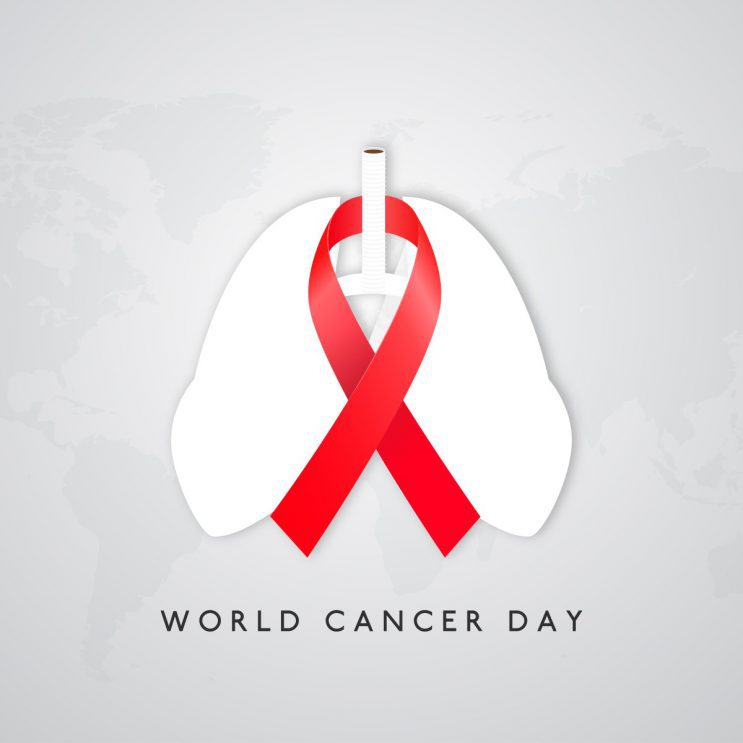Each year on February 4, the world unites to raise awareness about cancer prevalence and prevention under a global initiative spearheaded by the Union for International Cancer Control. Patients, activists, and associations from around the world come together to promote dialogue about how to enhance cancer detection and treatment.
Some risk factors for cancer can’t be helped, including your age and your family history. But there is a lot you can do right now to protect yourself. Take charge of your health by making these lifestyle choices.
Stop Smoking:
If you smoke, you should quit. Smoking is by far the leading risk factor for lung cancer, and it contributes to other cancers such as mouth, throat, cervical and bladder cancer. Your body begins recovering from smoking within minutes after quitting, and your risks for many cancers are cut in half five years after you quit.

Be More Active:
Physical activity reduces your risk for several types of cancer, including breast and colon cancer. The American Cancer Society recommends that adults get at least 150 minutes of moderate-intensity activity each week. Children and teens should get at least 1 hour of moderate-intensity activity each week. Moderate activity includes things like walking, playing golf, doing yoga, and even mowing the lawn. Check out Holy Cross Health’s wide range of fitness programs.
Watch Your Weight:
Too much weight around your midsection increases your risk for several types of cancer, including breast and colon cancer, as well as for other diseases like diabetes and heart disease. You can check your Body Mass Index online to see if you are at a healthy weight.
Get Screened
Maintaining routine medical care is one of the best ways to lower your cancer risk. You should get a physical every year and talk to your primary care physician about which screening tests you need.
- Everyone should get a colonoscopy to screen for colorectal cancer starting at age 45.
- Women should begin mammograms at age 50.
- Men who turn 50 should talk to their doctor about whether to get tested for prostate cancer.
- If you’re a smoker or ex-smoker, you should talk to your doctor about a CT scan for lung cancer.
- You should see a dermatologist every year to check your skin from head to toe for unusual spots or moles that could lead to skin cancer.
